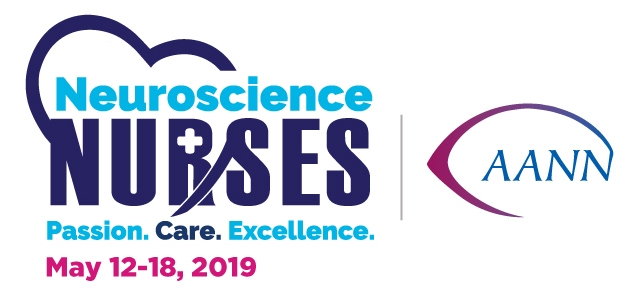
Neuroscience Nurses Week Focuses on a Diverse Specialty
The American Association of Neuroscience Nurses (AANN) honors the dedicated efforts of nurses whose work focuses on the brain during this year’s Neuroscience Nurses Week (May 12-18). Neuroscience nurses work with multidisciplinary teams as the field can involve so many body systems.
According to the AANN, neuroscience nurses have many roles. They care for those who have suffered brain injury or trauma from an accident. They also work with patients who may have neurodegenerative conditions like Alzheimer’s, multiple sclerosis, Parkinson’s, or epilepsy. They may care for people with spinal injuries that impact brain activity. And care offered to patients can be short-term for recovery or long-term for life-long illnesses or those that have progressed.
The American Board of Neuroscience Nursing offers certification for nurses in this field. Nurses who are fascinated by all the activity and operations of the brain are bound to gravitate toward this specialty. They also have an opportunity to make an impact throughout the field by assuming roles within care units or extending their reach into policy and legislation, academia, administration, or research.
Advances in brain science are moving rapidly and each new development can have a life-changing result for today’s neuroscience patients. Certification boosts the recognition for nurses who want to take the extra step and become as informed as possible about these developments, evidence-based practices, and patient care.
Neuroscience nurses work with all ages of patients and so they must understand the body systems of infants all the way up the the most elderly of patients. They are there to help people live a successful life with whatever condition they have or cope when the conditions or situations worsen. These nurses are also there to help with the physical, emotional, social, and even daily activity implications of brain functions. They help families learn to care for their loved ones and educate them about different conditions and symptoms. They can also help them recognize even the slightest progress or be alert for any red flags.
No matter what path of neuroscience a nurse chooses, being a patient advocate is one of their biggest responsibilities and one they are often most dedicated to. People with neurological issues can’t always advocate for their own needs so nurses are there to help them get what’s necessary to live their best life.
Nurses can spread the word about Neuroscience Nurses Week and come together with their own groups in their organizations. They can take stock of the year’s accomplishments and make plans for continuing to provide patients with the best, most cutting-edge care possible.


